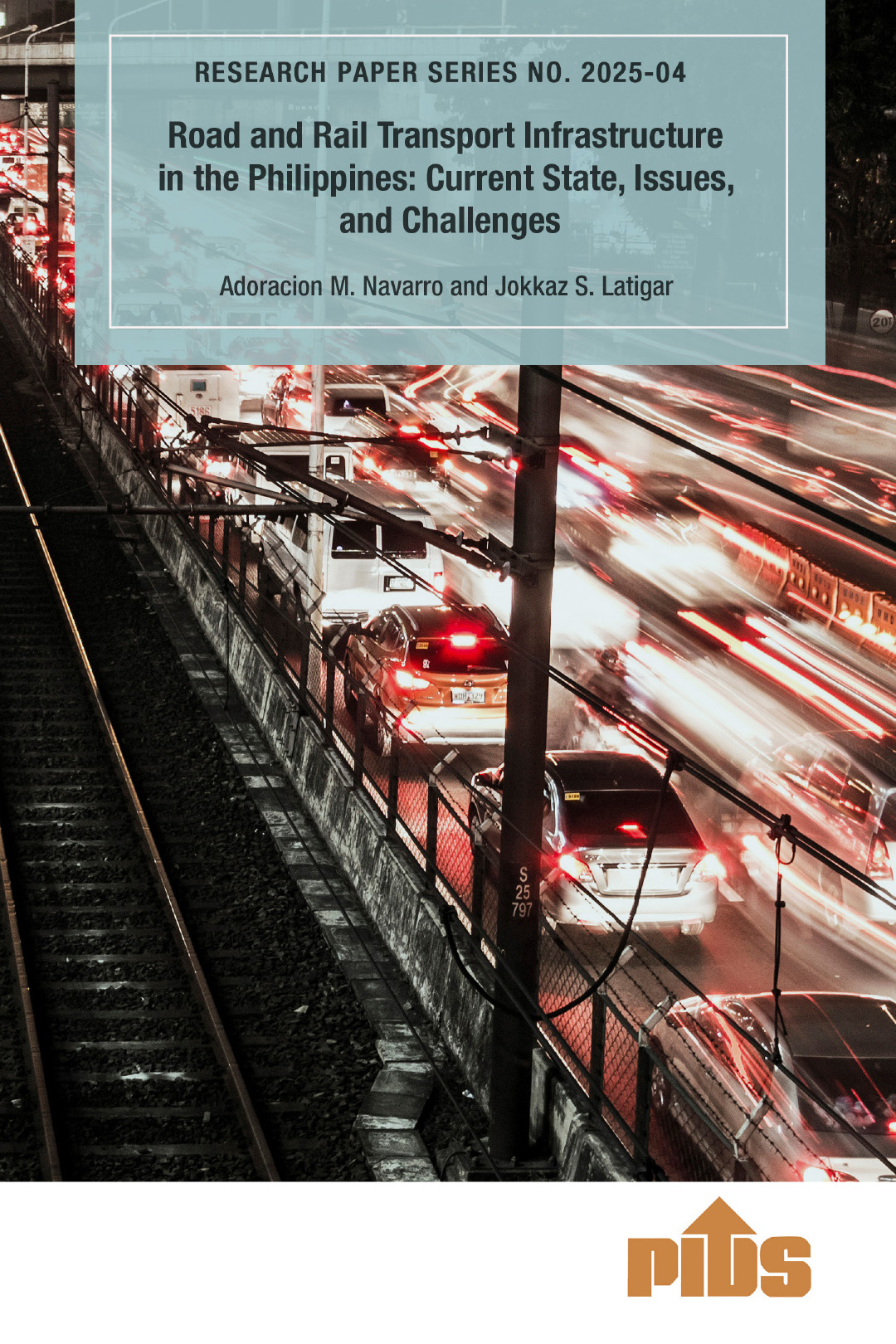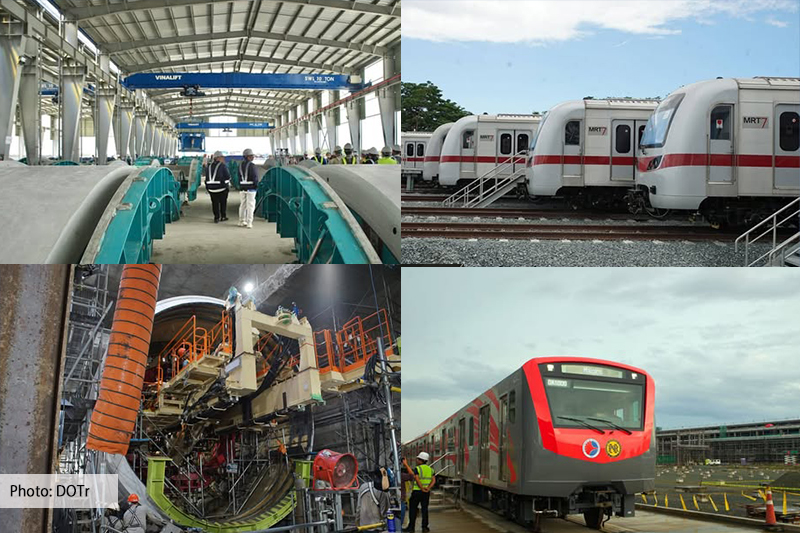THE government must reduce regulatory burdens in the logistics industry to boost the Philippines’ export competitiveness, a study by state think tank Philippine Institute for Development Studies (PIDS) said.
Authored by PIDS Senior Research Fellow Ramonette Serafica and consultants Lai-Lynn Barcenas, Glenda Reyes and Jose Tongzon, the study aimed to examine various regulatory requirements and legal obstacles in the country’s mdistribution, multimodal transport and logistics services.
In 2016, the country’s logistics performance was “way below those of the older members of the Association of Southeast Asian Nations (Asean),” the study said, noting that it was even lower than Vietnam.
“[T]he Philippines has one of the most restrictive set of regulations, which, [coupled]with other factors, are responsible for its relatively poor logistics performance,” it added.
The lack of awareness about the importance of integration and coordination in the logistics chain has resulted in “inconsistent, overlapping and sometimes contradictory policies,” the authors said.
This has caused the country to lose major logistics providers and foreign investors.
The country’s uncoordinated logistics system can also be attributed to the absence of a single coordinating agency, as various agencies have different sets of regulations for the transport, logistics and distribution sectors.
This hinders prospective investors from doing business in the country, as “there are many regulations and business licenses covering all aspects of logistics services under the jurisdiction of different government agencies,” the study said.
The poor quality of port management also led to higher logistics costs for service providers.
The authors also noted a lack of effective enforcement of important regulations on the part of implementing agencies, exemplified by the continued use of old and outdated delivery trucks.
“The same issues persist at the local government level, with different local government units (LGUs) implementing varied, inconsistent and unpredictable regulations,” the study said.
These include using different stickers for passage to different areas, inconsistent operating permits and different number coding schemes.
To address this problem, the authors proposed that the Department of Transportation and Congress ban collectiong pass-through fees in LGUs to prevent abuse of authority from happening at the grassroots level.
They also suggested “introducing more foreign competition and improving access to the most efficient transport and logistics service providers” to improve the country’s trade.
They recommended the creation of a lead agency to oversee the sector and ensure “that the flow of information between relevant stakeholders is maintained” and is responsible for securing the cooperation and support of other agencies.












